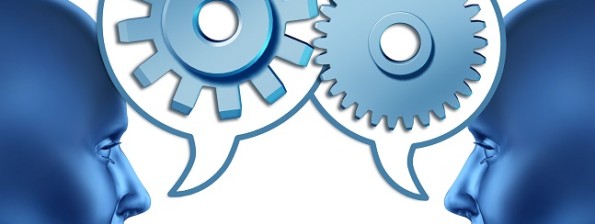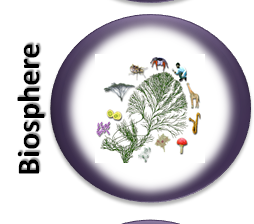Tag Archives: association
20 Apr Digital Presence and Immortality
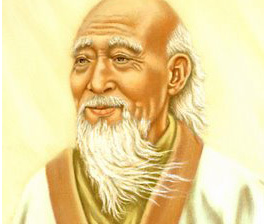
Immortality? I’ve heard it said that a person was “immortalized” in such and such a painting, sculpture or poem. Unless you pack the burial with all the images of a person, the fact that those images outlast the decaying body may be a form of immortality. Are authors immortal? I’m rereading All’s Well, and I […]
06 Mar Correlation in Neuroeconomics
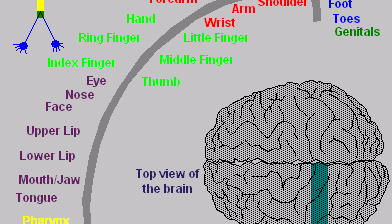
I find that driving when my body is tense, especially on slick roads or in poor visibility, is uncomfortable to the point of danger. Stress is a killer. I found, as a student, that relaxing at the piano just before going in to the test helped me perform better (on the test). I think many […]
26 Feb Choosing an Ontology Framework
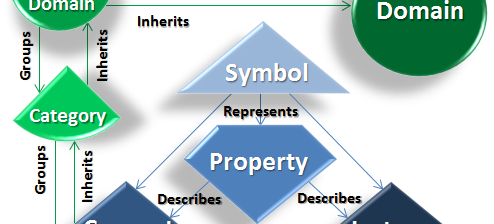
Ontology is a knowledge representation language like Roger Schank‘s Semantic Networks and John Sowa‘s Conceptual Graphs or Doug Lenat‘s Semantic Web. An Ontology framework is the model (structure, function and content definition) in which you choose to build your ontology. Like a Relational Database or an Object Oriented Programming Language, an ontology has defined structures, functions […]
07 Dec Probability of Understanding Meaning

Some suggest that computers can achieve full language understanding capabilities using statistical models. Others argue that heuristics or programmatic interpretation that uses special procedures tailored to linguistic phenomena. The two camps are as far apart as ever. Consider the comments around this recent article on Tor.com. On the one side, Norvig demonstrates the validity […]
01 Dec Robot Neurons: Analog versus Digital
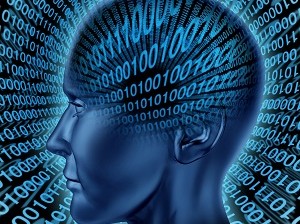
Digital is basically black and white: 1 is yes and 0 is no or vice-versa. Yet our world is full of other colors. We can efficiently use digital devices to stretch arbitrary numbers of 1’s and 0’s together to represent a virtually infinite degree of possible values. Yet there are places where exactly two values may […]
12 Nov Context Powers Backward Chaining Logic
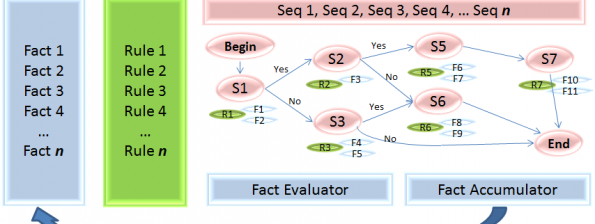
A popular success strategies book suggests that if we “Begin with the End in Mind” we are likely to get where we’re going more consistently. We wander less if we think about what we want at the end from the very first steps of our journeys. Context helps us do that. Human behaviorists and philosophers have […]
10 Nov Seeking a Universal Theory of Knowledge
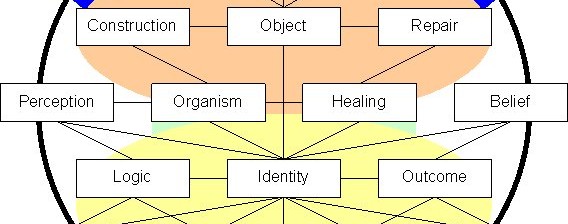
As a fundamental premise for this post, this blog as a whole, and my life’s work, I propose that language and “real world knowledge” are inextricably connected, and neither functions well without the other. This is why, in my opinion, natural language processing (NLP) initiatives focusing exclusively, or even primarily on language structure have significant […]





